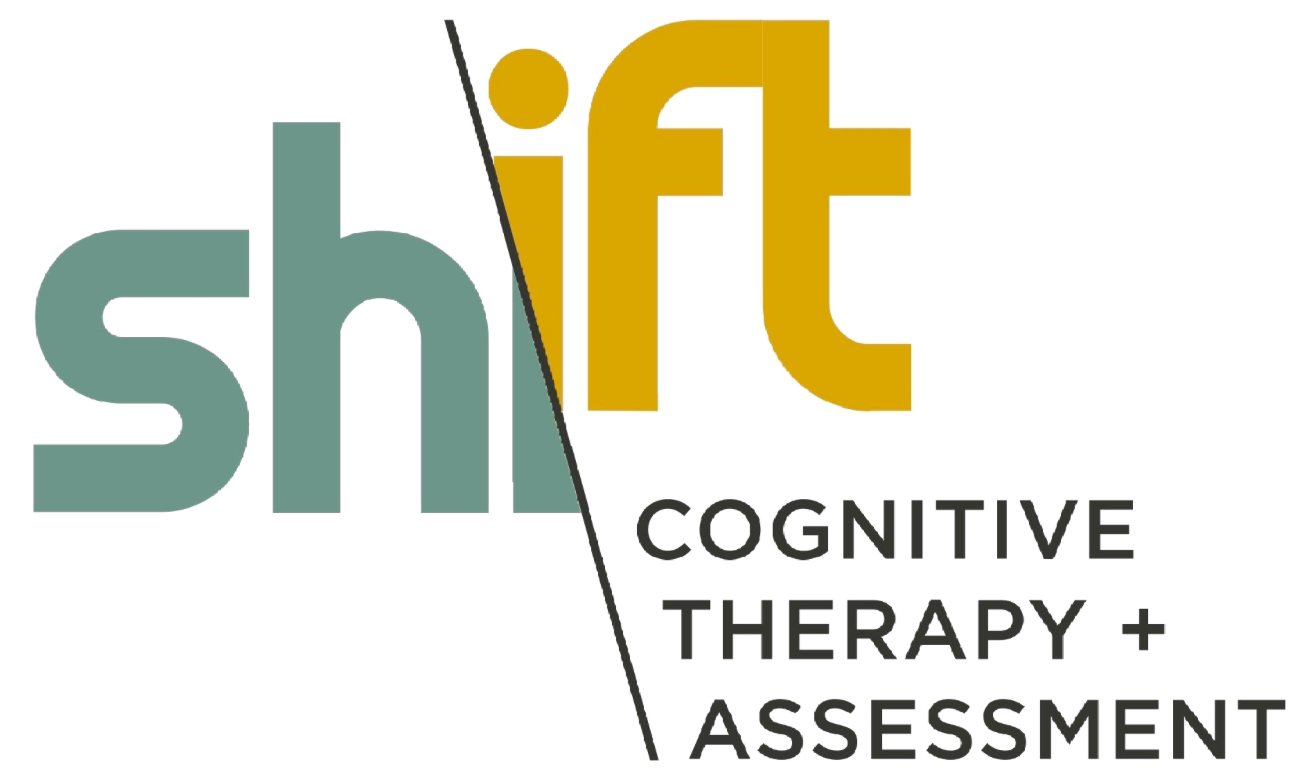How to Cope With the Stress of Coronavirus

Hi. I’m Dr. Ian Shulman from Shift Cognitive Therapy in Oakville. It’s March Break 2020 and we’re all stuck at home for what we hope won’t be for too long a time. But that’s the thing about where the world is at these days: No one really knows what the immediate future holds for any of us, and that can feel pretty scary sometimes. So, I wanted to make a very quick, little video to teach you a skill that can really help when you’re feeling anxious. I use it all the time with my clients, and I use it personally, so I know it works.
To use the skill, you have to practice focusing your awareness on the here and the now, because the present moment is usually a pretty peaceful place. By comparison, the mind bounces around a lot, and it can get really chaotic in there, and that’s what contributes to tension and anxiety. As I often say, where the ‘horse’ that is your mind goes, the ‘cart’ that is your body will follow. So, if your mind is running all over the place thinking of a million horrible things, then that’s how you’re going to feel: horrible.
Don’t get me wrong, the fact that your mind does this isn’t a bad thing. It’s actually really helpful and a very normal function that keeps us alive. Think about it. You avoid potentially dangerous situations every single day of your life because your mind very quickly imagines everything that could go wrong and then moves you to avoid those harms in real time.
Part of the problem is that it happens SO automatically that most of the time it’s outside of our conscious awareness, and when we lose track of that, when we don’t notice that we’re actually worrying, then the body just keeps feeling anxious.
So, here’s the skill: See if you can practice exercising your paying attention muscles. Wherever you are, start by taking a single, full breathe to centre yourself, and see if you can keep your attention focused on that one breath all the way from start to finish. Very quickly, you’ll notice that your mind wanders away to other things. That’s okay. It’s just what the mind does naturally. But start to practice noticing what the mind went off to, and then bring it back to the breath. Keep doing this, just for 2-3 minutes — longer, if you like — and see if you can begin to develop your skill at being calmly aware instead of just being along for the ride.
You’ll probably notice just how much we get caught up in our thinking and completely lose sight of what’s actually happening in the real world. Even when your mind goes off to scary things and your body reacts by getting tense and stressed, if you pause that process for a second, you’ll build your skills at realizing that everything is still okay. You’re still breathing, the world is still spinning, your family is probably just as well as it was before and, you’re still coping.
Take 2 or 3 minutes to practice this skill a few times each day. It can really help you to develop the part of your brain that is always a calm observer. We’re all going to need that in the coming weeks.
Take care.
The post How to Cope With the Stress of Coronavirus appeared first on Shift Cognitive Therapy.

